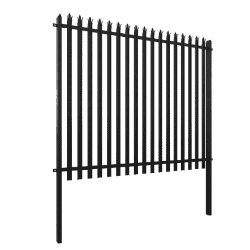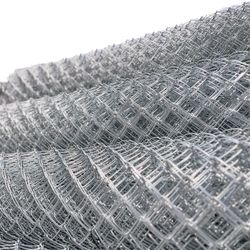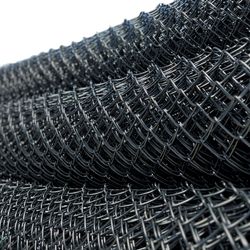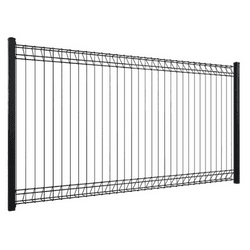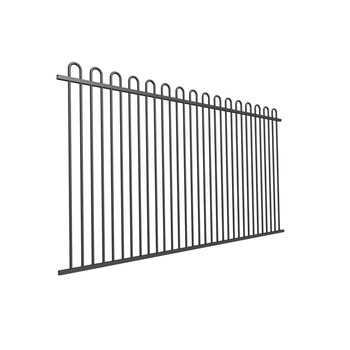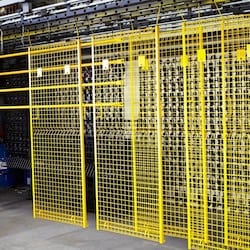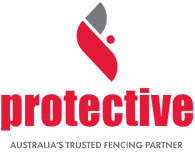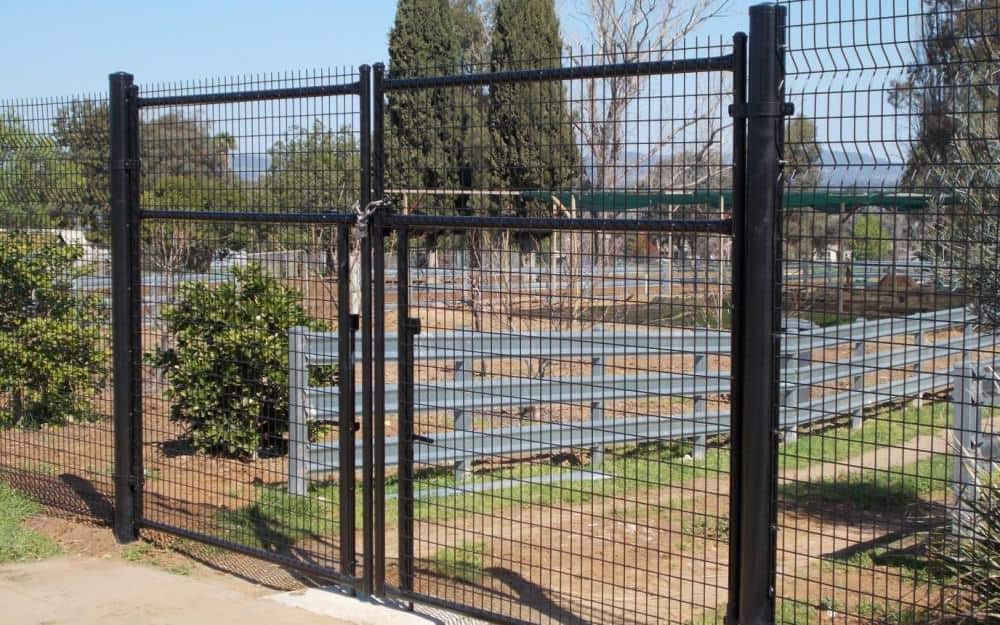Security Fencing Licensing Laws
These licensing regulations are administered by the Security Licensing and Enforcement Directorate (SLED) division of the NSW Police under the Security Industry Act 1997.
Many people, even within the industry may be unaware of these regulations but non-compliance may attract significant penalties and may also expose you to security risks.
So, what do these laws mean for you?
What types of fencing are covered?
The regulations cover the types of fencing that most people recognise as high security fencing. These include anti-climb panels and palisade fencing topped with razor wire.
But the regulations also cover a wide range of other fence types including perimeter chain-link fences and even the sale and installation of security locks, security doors, and roller shutters.
In essence, a security fence is a fence that is designed to provide security and protection for property.
Most residential fencing where the purpose is to define property boundaries, prevent children, pets or livestock from wandering, or provide privacy will not fall into the security fencing category.
SLED uses a number of criteria to work out whether your fence will be deemed a security fence and therefore require a license. In general terms your fence will be classified as a security fence if it has the following features:
- Height—sufficient height to resist efforts to climb over
- Materials—strong construction designed to resist cutting or ramming
- Build quality—additional strengthening such as welding or specialised clamps
- Fence toppings—spikes, razor wire, electric fencing
The designation of a security fence will also take into account the purpose and marketing of the fence.
If your fence is clearly designed for sporting purposes such as a high fence surrounding tennis courts then it will probably not be classified as a security fence.
However, if the fence is marketed as providing security (regardless of its actual specifications) it will be classified as security equipment and will therefore require the seller and installer to hold a Class 2 security licence.
So, in simple terms, if you sell or install fencing you need to be aware that these regulations may affect you.
Who will require a license?
Individuals who sell or install fencing and fencing products deemed to fall into the security fencing category are required to hold a Class 2 security license. Companies or self-employed individuals who sell or install security fencing will need a Master license.
The regulation requires all employees involved in installing or selling security equipment to hold a license. It is not enough for the company to have a Master license.
A seller of security equipment will require a Class 2B license. An installer will require a Class 2C license.
This will enable the installer to sell and install and repair security equipment including security locks, electronic security devices. Note, this means that even if your business is repairing security locks you are required to hold the appropriate license.
Remember that any feature designed to enhance security may require a license for both the seller and installer. This includes items such as window grills and roller shutters.
Why are these rules necessary?
The purpose of enforcing these licensing laws is to prevent potential criminal elements gaining access to information and data about your security assets and vulnerabilities.
Thus all applicants and holders of security licenses must undergo in-depth security and character checks to ensure that only reputable people are able to sell or install security equipment.
Are there any exceptions?
Yes, wholesalers and retail outlets where the staff do not need to know where the security equipment is to be installed are generally exempt from the licensing requirements.
This is why Protective Fencing is not required to hold a security license to sell security fencing.
When you purchase security equipment from us you are able to arrange installation independently from us.
Therefore we have no access to information about where the security items will be installed and there is no risk of your sensitive security information falling into the wrong hands.
In general terms, builders and people in the construction industry who are involved in the installation, repair and replacement of standard residential locks also are exempt from the need to hold a security license.
At Protective Fencing your security is safe with us.
Talk to the experts at Protective Fencing about the best security fencing around and get real peace of mind.





